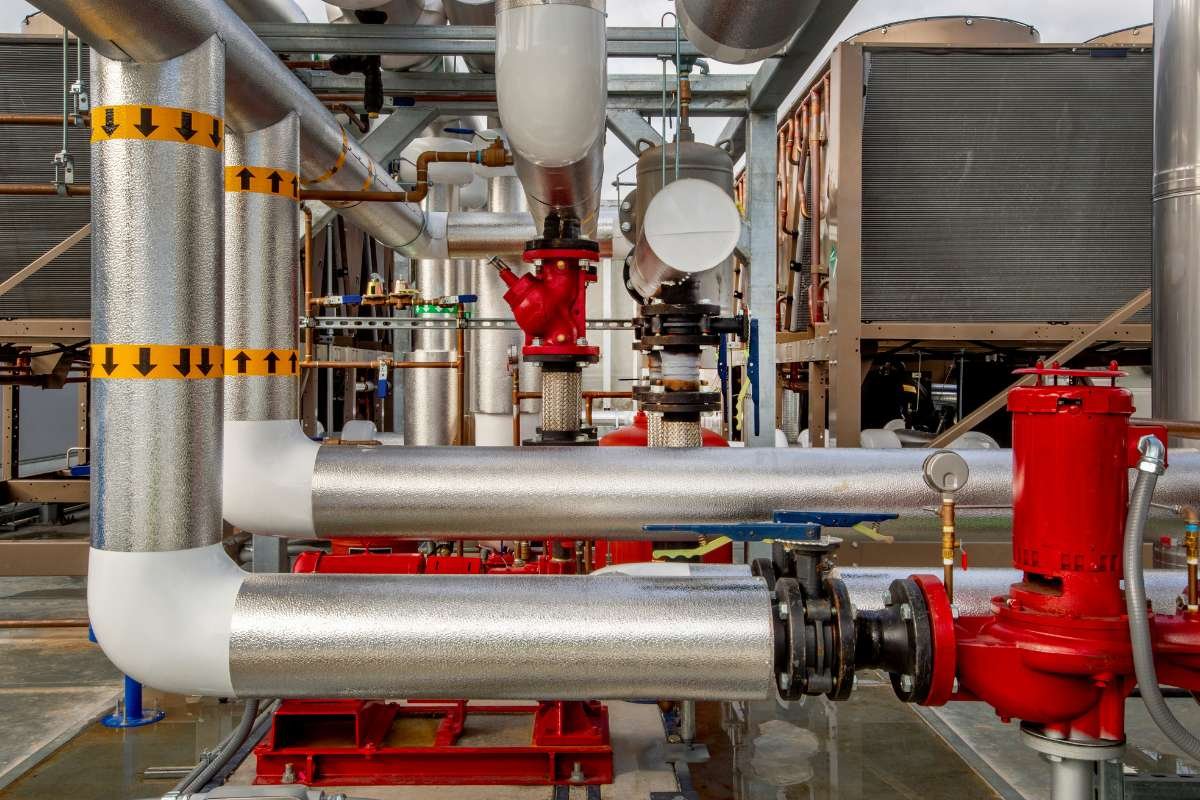The purpose of green supply chain management is to combat global issues like climate change and deforestation, by lowering carbon emissions and reducing waste. Supply chains are responsible for the majority of energy and resources used by a company, so companies have the moral obligation to implement environmental practices into their supply chain.
Many consumers, businesses, and other organizations have pledged to exclusively support companies who uphold their same values – like complying with sustainable supply chain practices. These practices will be the new standard moving forward, as they ensure a greener future for all.
This article will discuss the importance of green supply chain management and how it can play a role in saving the planet.
1. Effective Green Practices
Developing long-term sustainability goals is the first step to a green Supply Chain Management. Sustainable practices can be implemented throughout every step of the Supply Chain Management process, from procurement and manufacturing to packaging and transportation. Listed below are practices that have proven to be successful in helping the environment.
2. Upcycling materials and products –

Upcycling allows for materials and products to have more than just one use. If we intentionally design materials and products to have multiple purposes, we can minimize the amount of waste. Ultimately, this will eliminate the need for additional production of new materials and products.
3. Packaging and transportation –
Sustainable packaging involves using alternative materials like post-consumer recycled materials or biodegradable packaging materials, which will reduce the amount of waste for natural resources.

Transportation is the largest cause of greenhouse gas emissions, which is why companies should be utilizing sustainable alternative options like electric trucks and rail transportation. Companies should also be consolidating goods to minimize trips and the amount of packaging materials used.
4. Warehousing technology –

Integrating new technologies and alternative energy sources is a promising way to ensure a greener future. For example – hydropower, wind energy, and solar energy can help power a Supply Chain Management warehouse while simultaneously reducing a company’s energy use.
The Bigger Picture
The United Nations is committed to achieving sustainable developments economically, socially, and environmentally. In order to protect the planet, end poverty and hunger, and create a prosperous future for all, the United Nations set a deadline for the year of 2030 to accomplish the Sustainable Development Goals.
The United Nations is on a mission to save the planet. In order to achieve the 2030 agenda, governments around the world will soon begin to require the implementation of green and sustainable practices into supply chains.
Read More On Supply Chain Risk Management: Protecting Your Business from Disruptions
Conclusion
Companies have the social responsibility to take action and do their part in helping the environment. Green supply chain management is incredibly important, as it is the solution for companies to lower their carbon footprint and create positive and long lasting change for the planet.





